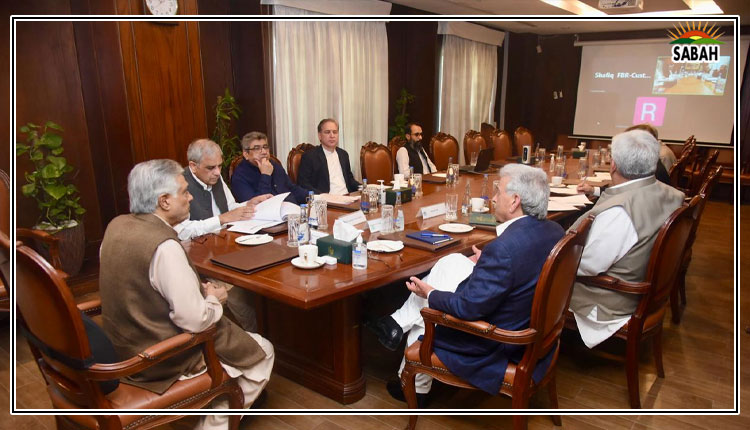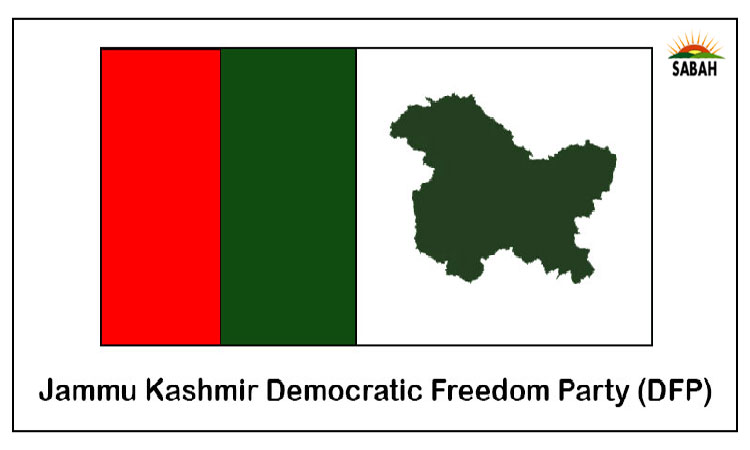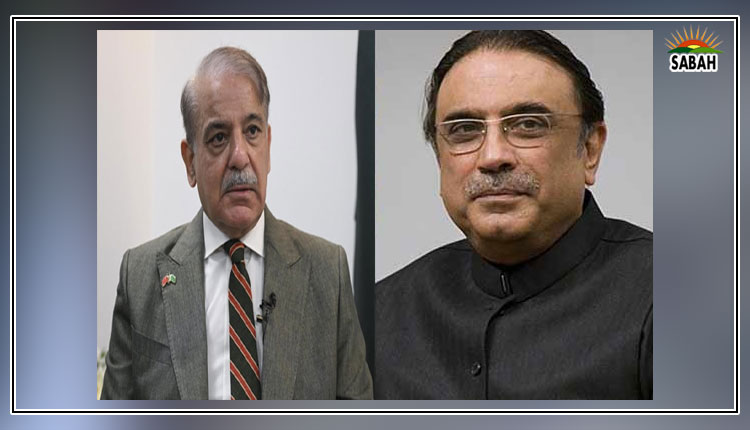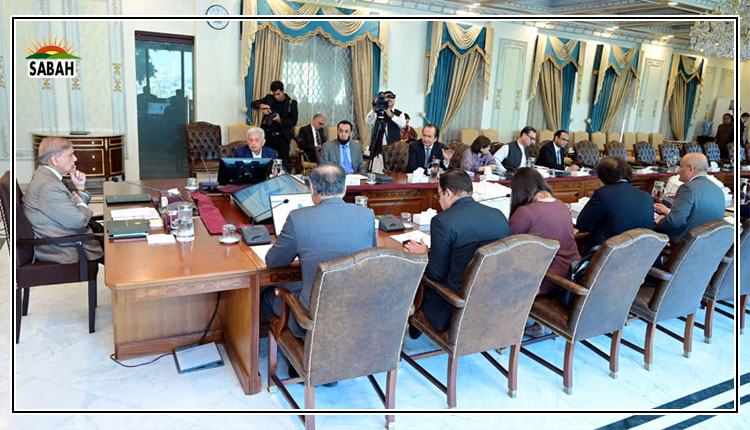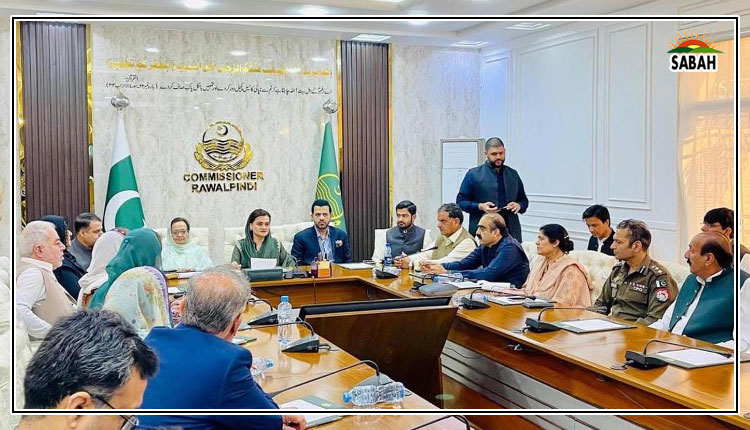Budget 2024-25: managing the deficit ….Syed Asad Ali Shah
Our budget deficit last year, as per my estimate, was over Rs13 trillion, and this year it is likely to be Rs11 trillion, against the government’s original estimate of Rs6.5 trillion to Rs7 trillion.
The government is required to restrict budget deficits to 5-6 per cent of GDP and achieve a primary surplus to meet the IMF’s requirements for the 24th IMF programme, but actual deficits have remained over 8-10 per cent of GDP. These deficits are financed through loans, causing the country’s total debt to accumulate to over Rs81 trillion – nearly 80 per cent of GDP.
Pakistan is in a debt trap, avoiding sovereign default by rolling over loans from friendly countries and servicing the remaining debt with more loans. This cycle continues with the help of IMF bailout programmes.
Ronald Reagan once said, “There are simple answers to our nation’s problems but not easy ones.” Many people have suggested how to cut expenditures and increase revenue for years, but no significant progress has been made to curtail huge fiscal deficits. The biggest issue with our governments (both federal and provincial) is the mindset of maintaining the status quo and a lack of political will to try new and innovative approaches. Consequently, there has been much talk of reforms but no progress.
The second biggest problem is poor governance at all levels, which undermines good decision-making, the adoption of suitable macro-economic policies, and their implementation. Governance depends on the quality of people at the top – the cabinet, the bureaucracy, and key institutions. As someone said, “Who is more important than how.” Unless we change our mindset and improve governance by appointing the right people based on competence and integrity rather than personal loyalty and obedience, no significant improvement is likely.
In the context of reducing the budget deficit, the bigger issue is very high unproductive expenditure due to the ceaseless expansion of governments. For instance, when we compare Pakistan’s economy with Bangladesh, the tax-to-GDP ratio is similar at around 11 per cent.
Our major problem is huge expenditure, with government expenditure to GDP ratio over 22 per cent compared to around 15 per cent in Bangladesh, which escalates the fiscal deficit to 10 per cent. We have too many ministries, departments, and government agencies filled with too many people, resulting in wasted time and resources without producing useful outcomes. We need to drastically cut the size of governments, closing down at least one-third of ministries, departments, and agencies at both federal and provincial levels.
Especially after the 18th Amendment and the 7th National Finance Commission (NFC) Award in 2010, significant functions and resources were transferred from the federal government to the provinces. As a consequence, at least 15 ministries should have been closed in the federal government. This was recognized by the finance minister in his first statement after assuming his charge a few months back. Similarly, the funds transferred to the provinces under the NFC in 2010 have largely been wasted without improving outcomes in education, health, population planning, agriculture, and other functions. There is a need for effective accountability and outcome-based governance at both federal and provincial levels.
The biggest expenditure in the budget (about 80 per cent of revenue) is the cost of debt due to the accumulation of huge government debt and very high interest rates fixed by the SBP to contain inflation. High interest rates increase the fiscal deficit as they escalate government expenditure because the government is the biggest borrower from banks.
According to a recent publication on the banking sector’s financial position, banks’ investments in government securities (government borrowing from the banking system) increased by Rs7.6 trillion during the last year until April 2024 compared to a total increase in deposits of Rs5 trillion in the same period. Compared to this, banks’ advances to the private sector actually reduced, reflecting that virtually all domestic savings mobilized through the banking system are used by the government to finance its unproductive expenditures instead of productive use by the private sector to produce goods, services, and increase employment. This clearly reflects why Pakistan’s productivity is on a declining path.
The SBP must substantially reduce the policy rate, especially as inflation has steeply decreased in recent months to less than 11 per cent in May 2024 compared to over 36 per cent in May 2023. While I am glad the SBP has announced a 150 basis points cut, in my view there is a need to cut rates by at least 300 basis points immediately, and interest rates should further decrease to 12 per cent or so in the next few months as inflation is likely to decelerate to 7-8 per cent even per IMF projections next year. This will lead to a massive reduction in the government’s interest cost and overall expenditure.
Another major area of leakage is the energy sector and poor governance of state-owned entities (SOEs) that have created huge circular debt and liabilities. Major privatization and reforms are required to reduce the cost of energy, steeply reduce government subsidies, and improve the governance and management of SOEs.
To improve revenue, the most critical reforms needed are improving governance of the FBR and provincial revenue departments by inducting more competent people at the top. There is a need to establish an independent policy board of the FBR responsible for policy and oversight to ensure independent policy-making, effective oversight, and accountability of the FBR.
There is also a serious need to restructure the taxation system through simplification of laws and procedures, reducing tax rates, and making the system fair and equitable. We have one of the highest tax rates in the world, which incentivizes tax evasion and poor enforcement. By cutting tax rates, making the tax system fair, and promoting business, we can significantly increase tax collections and boost the economy.
Our tax-to-GDP ratio is less than 12 per cent, one of the lowest primarily because of high tax rates and inapt policies that undermine businesses. We can only increase tax collection by promoting business, reducing tax rates, and making the tax system fair. Ceaselessly increasing tax rates is counterproductive for both the economy and tax collections because you cannot increase tax collection by killing the economy.
The writer is a former managing partner of a leading professional services firm and has done extensive work on governance in the public and private sectors. He tweets/posts @Asad_Ashah
Courtesy The News



